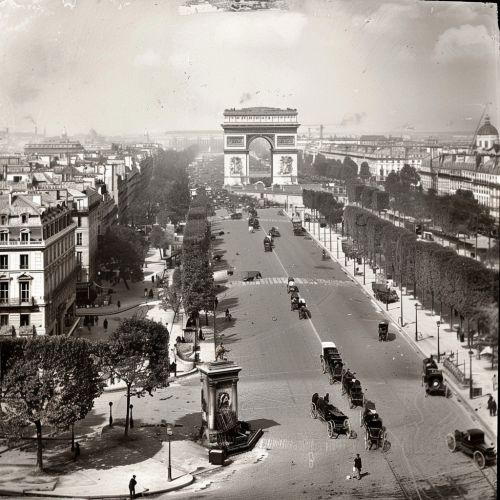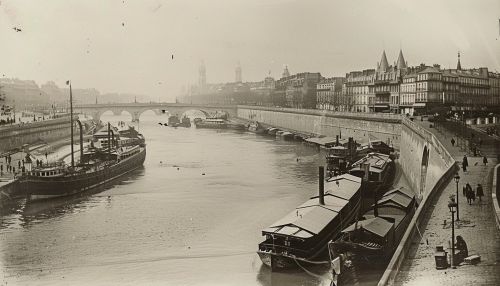Frédéric Passy
Early Life and Education
Frédéric Passy was born on May 20, 1822, in Paris, France. He hailed from a distinguished family of French civil servants and scholars. His father, Edward Passy, was a high-ranking civil servant and his uncle, Hippolyte Passy, was a prominent economist and politician.


Passy received a thorough education in law, following the footsteps of his father. However, his interests soon veered towards economics, influenced by his uncle's work. His early studies focused on the principles of political economy, which laid the foundation for his future work.
Career
Passy began his career as a civil servant in the French Ministry of Finance. However, his passion for economics led him to leave his position and devote himself to economic studies and peace activism.
In 1849, he published his first work, "De la Propriété Intellectuelle" (On Intellectual Property), which garnered him recognition in academic circles. He continued to publish numerous works on economics, advocating for free trade and economic liberalism. His works were characterized by a deep understanding of economic principles and a strong belief in the power of peaceful trade relations to prevent conflicts.
Passy was also a fervent advocate for peace. He believed that economic interdependence and peaceful trade relations could prevent wars. In 1867, he founded the International League for Peace and Freedom, one of the earliest international peace organizations. His work in this field led him to be recognized as one of the pioneers of the international peace movement.
Contributions to Peace and Economics
Passy's contributions to peace and economics were manifold. He was a prolific writer, producing numerous works on economics and peace. His writings were influential in shaping economic thought and policy during his time.
Passy was also a tireless advocate for peace. He believed in the power of peaceful trade relations and economic interdependence to prevent conflicts. He was instrumental in the founding of several peace organizations, including the International League for Peace and Freedom. His work in this field earned him the recognition as one of the pioneers of the international peace movement.
In 1901, Passy was awarded the first Nobel Peace Prize along with Henry Dunant, the founder of the Red Cross. This recognition cemented his legacy as a leading figure in the peace movement.
Later Life and Legacy
Passy continued his peace advocacy until his death on June 12, 1912. His legacy lives on in the numerous peace organizations he helped establish and the principles he championed.
Passy's contributions to economics and peace have had a lasting impact. His writings continue to be studied by economists and peace scholars. His belief in the power of peaceful trade relations and economic interdependence to prevent conflicts continues to influence contemporary economic and peace policies.
